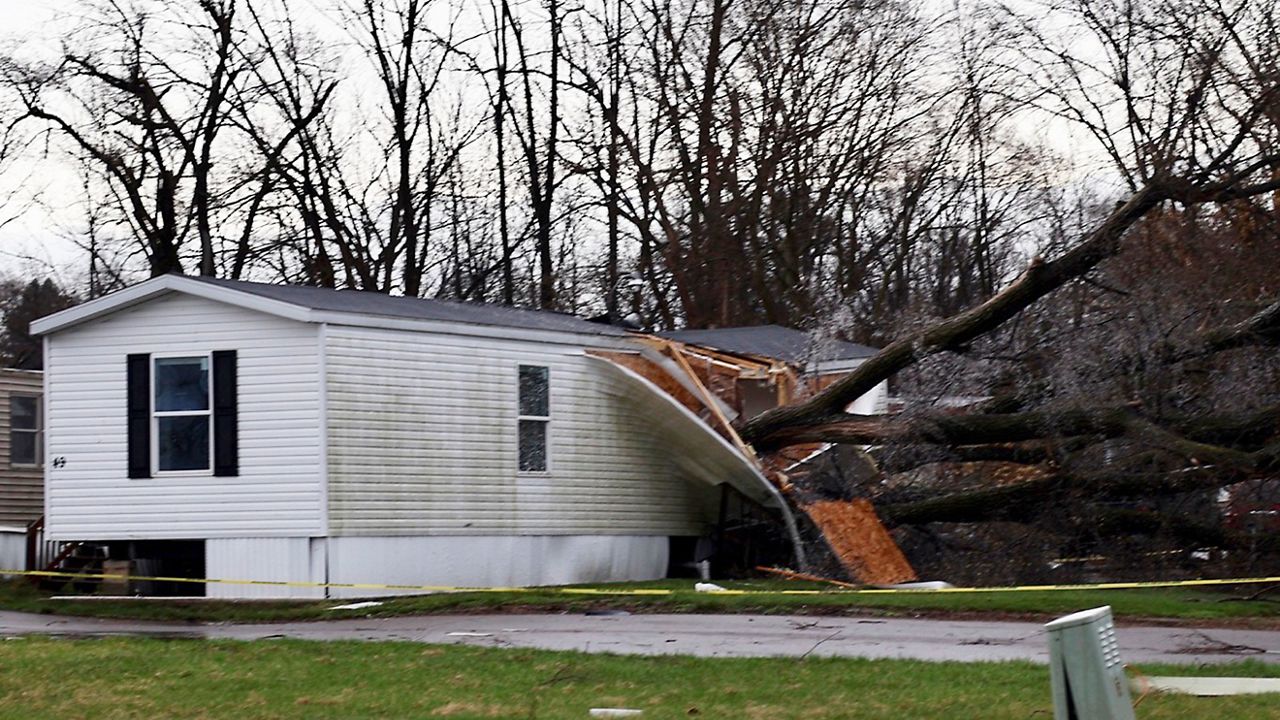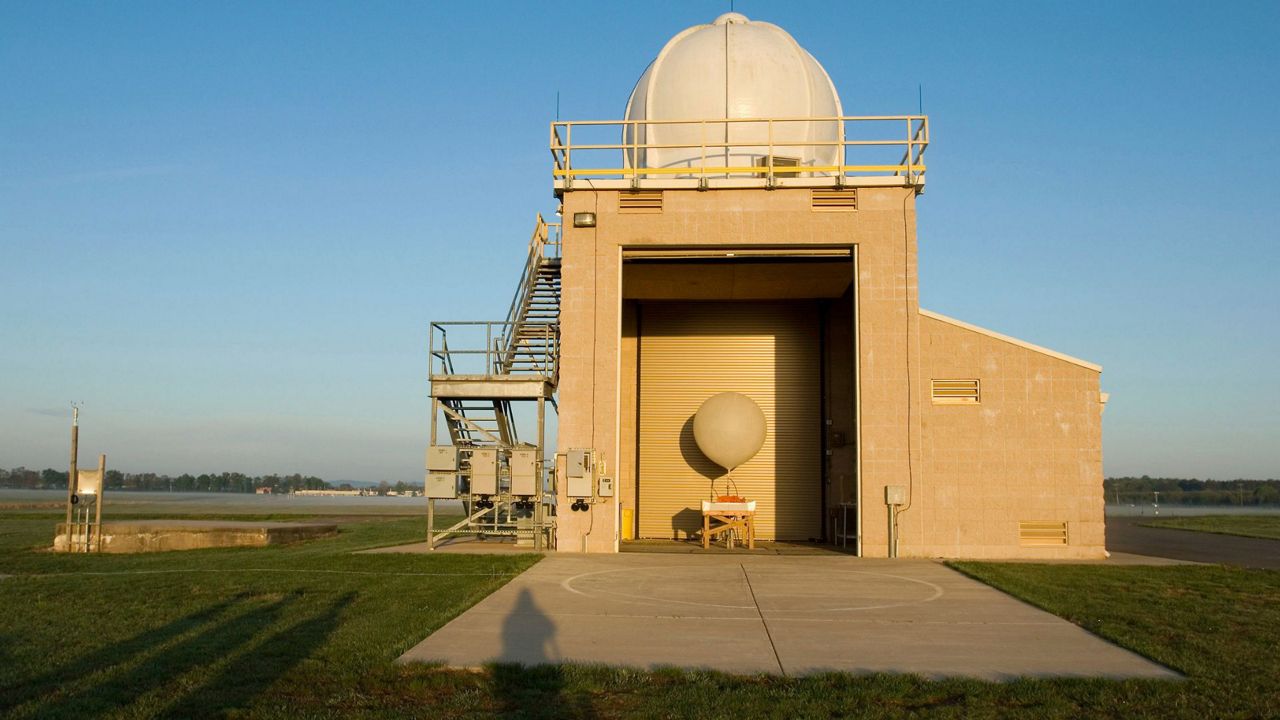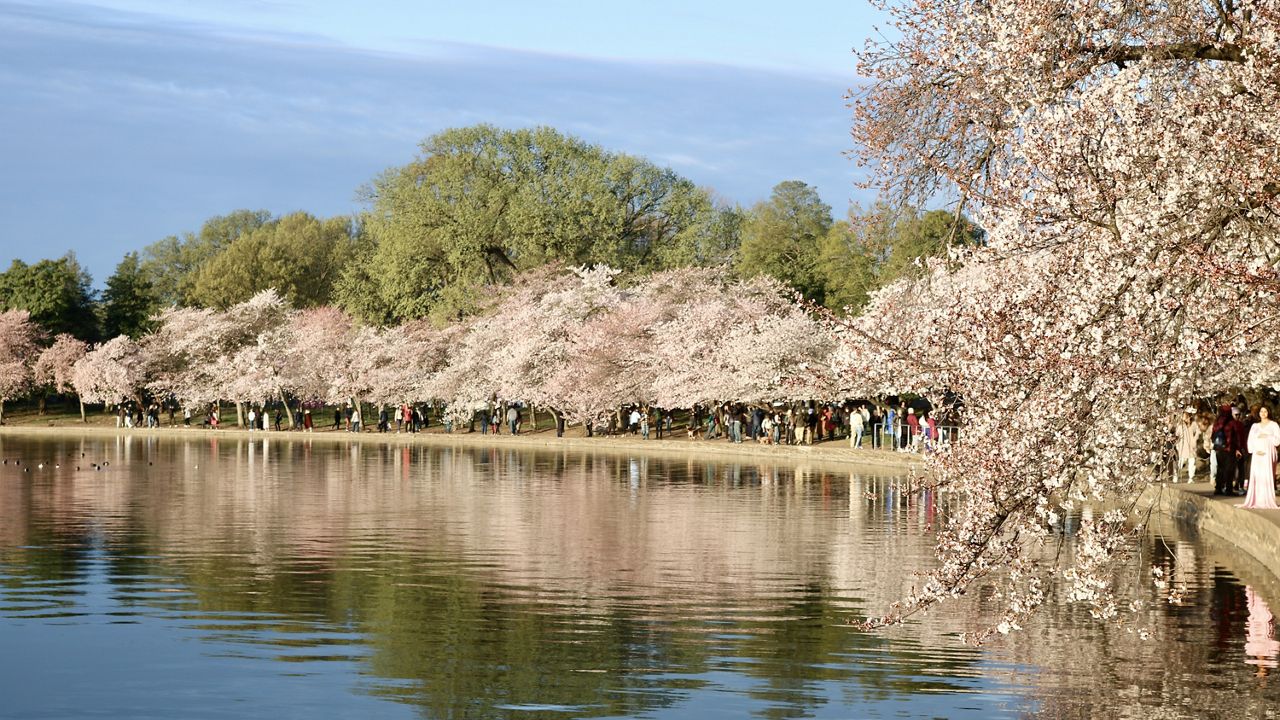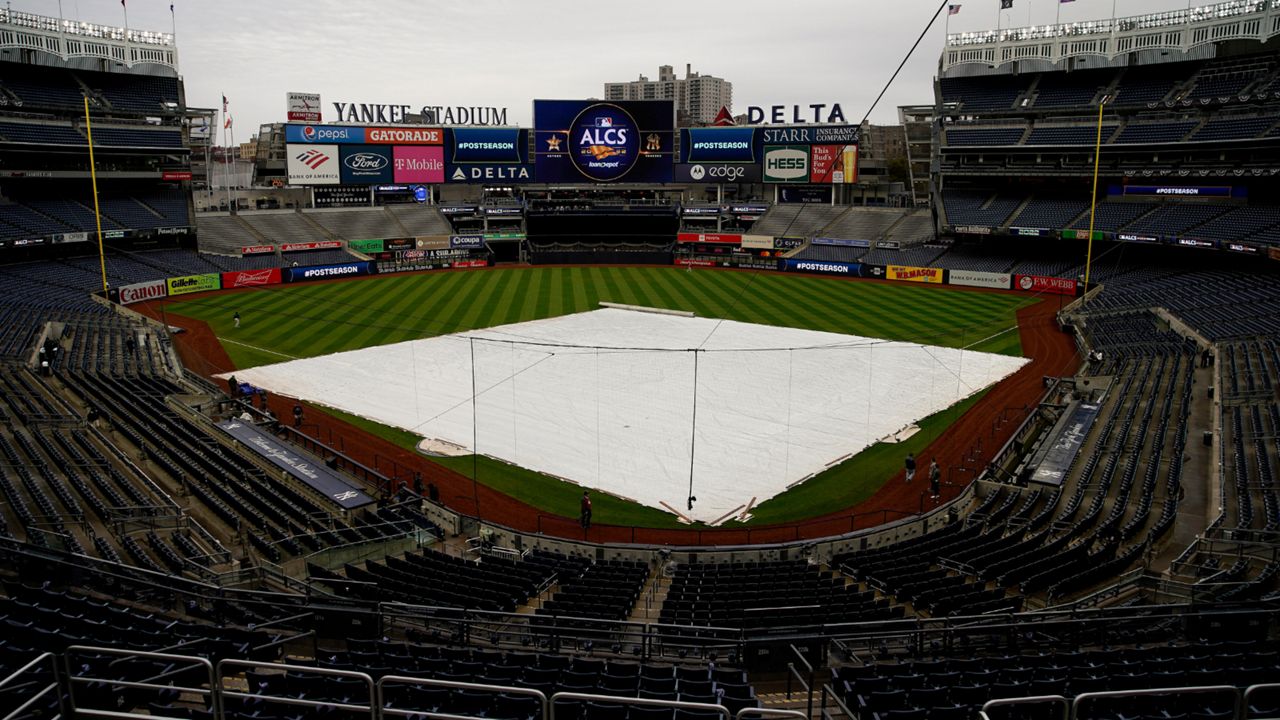The ninth president of the United States died just a few weeks after giving his two-hour inaugural address on a cold March day in Washington D.C.
The belief, therefore, was that President William Henry Harrison died of pneumonia due to the cold.
So did the weather lead to the shortest presidency in the history of the U.S.?
You might shiver just reading this.
On March 4, 1841, the 68-year-old Harrison, a veteran of the War of 1812 and a long-serving member of Congress, rattled off a nearly two-hour hour speech outside of the Capitol building in on a frigid early March day in Washington D.C.
"Inauguration day was on March 4, and the [exact inauguration] site could bounce around a little bit," said American Historian Sara Georgini, who is the Series Editor of The Papers of John Adams at the Massachusetts Historical Society. "In this case, it was Washington D.C., and William Henry Harrison on his inauguration day had pretty good weather. Most scholars had it in the upper 40s but with a cold wind."
But a month later, the ninth president was dead.
Harrison chose to give a nearly 8,500-word speech on a relatively chilly late winter day, and according to observers at the time, he caught a cold that morphed into pneumonia.
While exact temperature and precipitation on that fateful day aren’t known (National Weather Service official records for Washington D.C. only date back to 1870), Harrison gave his address on a “cloudy, cold and blustery day”, according to the N.W.S.
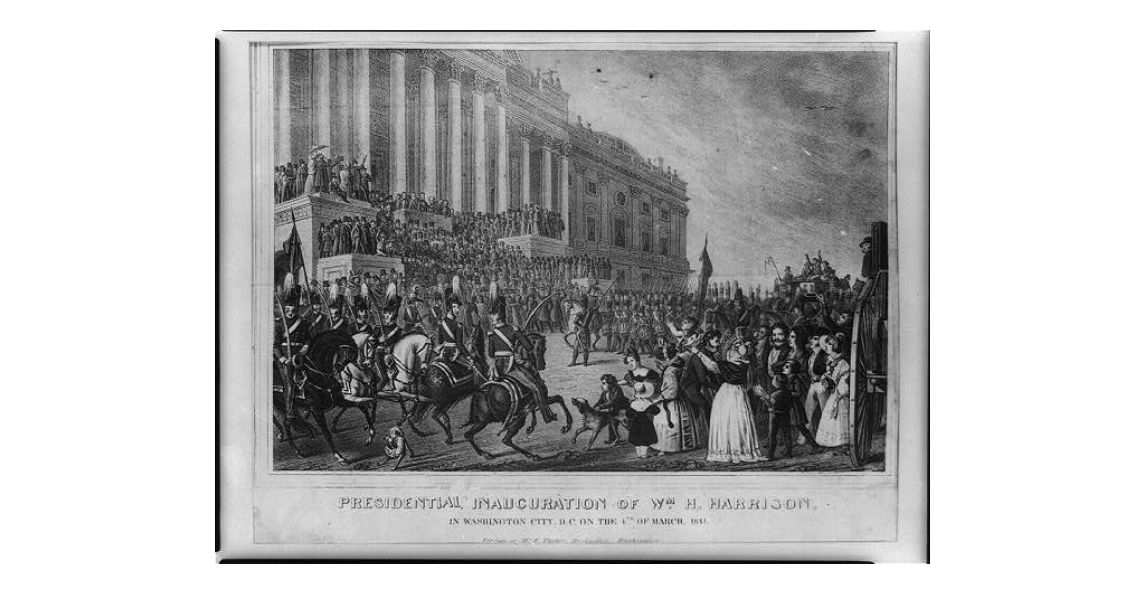
Other accounts, including the Library of Congress, say it rained that day.
“His speech lasted one hour and 40 minutes and he rode a horse to and from the Capitol without a hat or overcoat,” note the weather service’s official records. “Pneumonia developed from a lingering cold he caught on that day and he died just one month later.”
Just a few months earlier, Harrison trounced incumbent president Martin Van Buren, winning 234 electoral votes to just 60 for Van Buren. A decorated soldier, farmer and grandfather (he had 25 grandchildren), Harrison was generally perceived as a man of the people, and it contributed to his landslide electoral victory in the November 1840 presidential election.
Despite his big electoral win, one of Harrison’s biggest criticisms during the campaign was his age. During the campaign, Harrison’s opponents mockingly referred to him as “granny”, and the Ohio native became the oldest first-term president when he defeated Van Buren.
It’s likely that Harrison’s perception of being too old for the job contributed to him standing outside and rattling off nearly 8,500 words on that chilly and likely rainy March morning. The new president wanted to show his country that he had the required stamina for the job.
The 31-day proximity between Harrison’s inauguration and his death (along with his age and the weather) leads most historians to conclude Harrison’s weather-defiant wardrobe led to his sudden passing.
"Most scholars think he had a respiratory cold and that was enhanced by the cold," Georgini said.
So perhaps a bit of advice to future presidents: Dress a bit warmer – and speak far less - than Harrison did on that fateful March afternoon almost 180 years ago.
Want to learn more about how weather has shaped our political history?
Check out this story on how a force of nature turned Alexander Hamilton into a political force.
Check out this story on how a tornado saved our nation's capital during the War of 1812.
Check out this story on how a snowstorm in California affected the 1916 election.
Check out this story on how a flood led to Herbert Hoover's ascension to the presidency.






